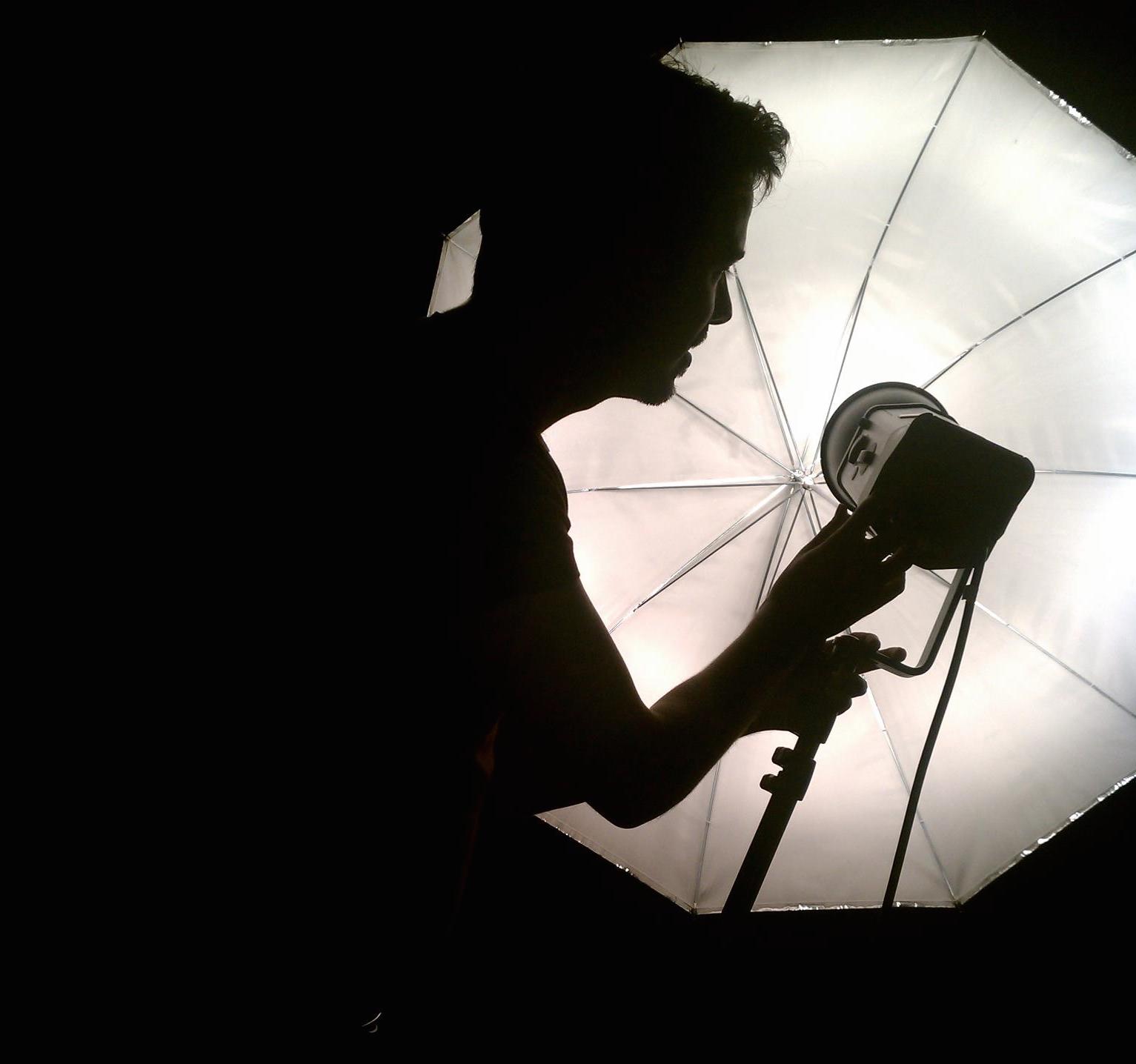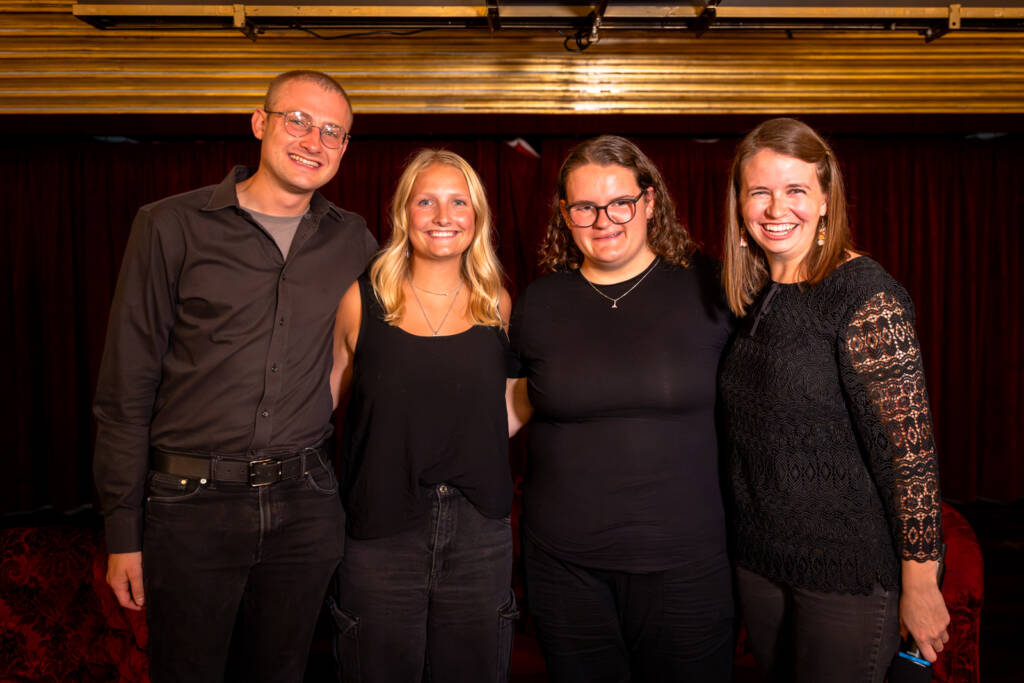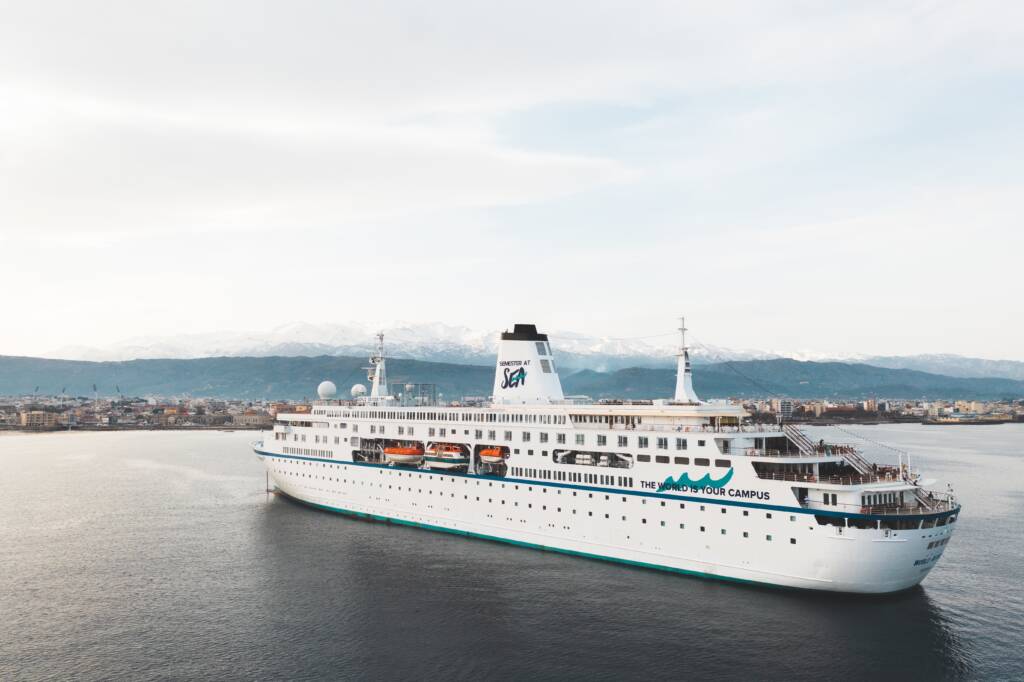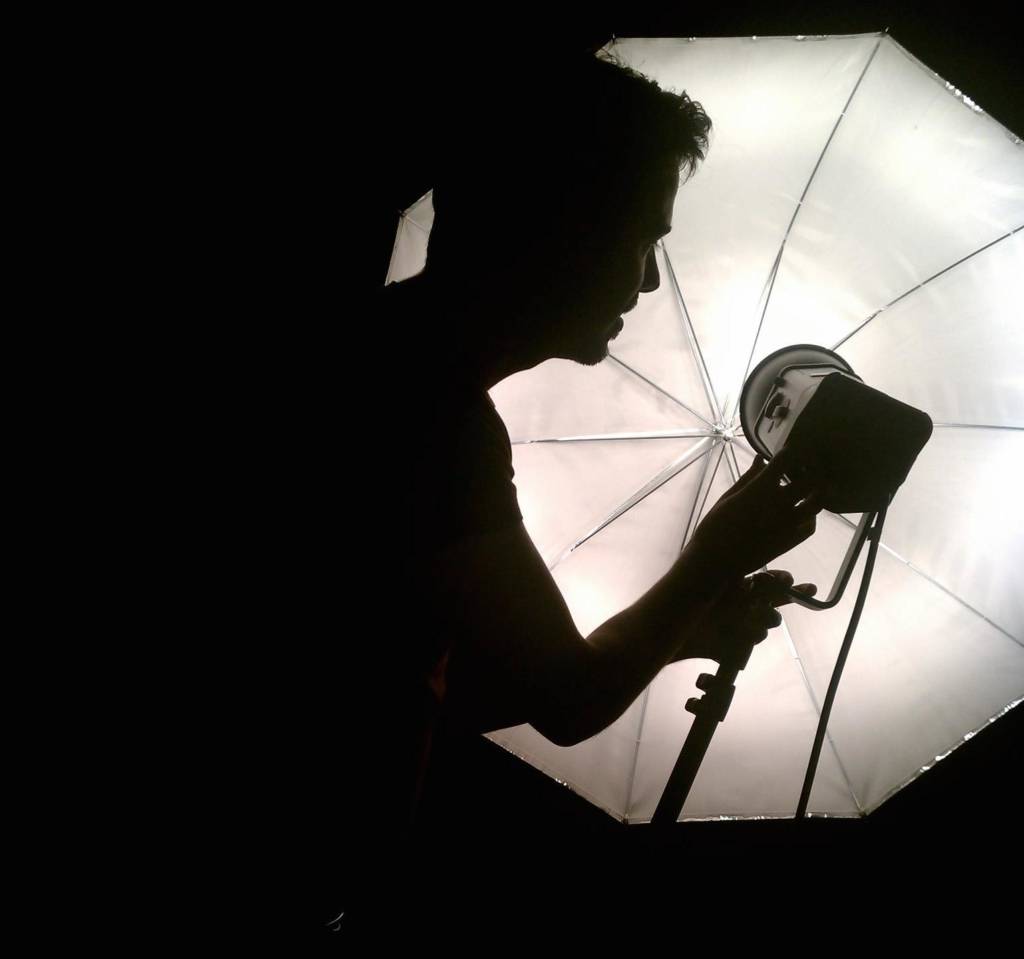
I love that romantic age of exploration when folks like Audubon and Darwin traveled around making scientific discoveries and creating incredible artwork. Travel has been an extremely important part of my photographic career: I’ve spent about six years of my life workings as a photographer while living abroad. I’ve always romanticized Darwin’s journey on the HMS Beagle, I think Semester at Sea is as close as I’ll get to that. Since receiving my MFA in 2011, I’ve been teaching at a wide variety of colleges and universities in the US… From a private art school to a public community college, a large urban university and a rural liberal arts college, it’s been fascinating to experience such a broad range of educational models. Here on Semester at Sea, it’s education amidst epic adventure, which has it’s own challenges to be sure.
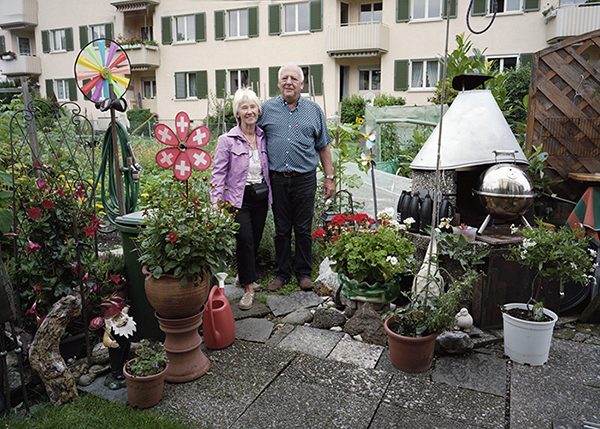
I firmly believe that interesting photographs can be taken pretty much anywhere, and certainly we don’t need to travel the world to teach the technical aspects of using a camera. But one of the most interesting aspects of teaching photography for Semester at Sea has been watching how self-conscious students are when photographing in new places, and how that opens up their mind about how to use photography. Yes, they’re excited to go out and observe new things, but I aim to challenge students to think about their relationship to the world through photography and the camera. The point-and-shoot mentality can create a photographic experience that becomes overly focused on consuming the world. Instead, many of my students are using their cameras to slow down the experience or as an excuse to interact with the locals. Through their photographs, they can create and then share the cathartic experiences of realization, celebrating the beauty but also considering the difficulties of their experiences of interacting with these different places.
In addition to teaching, two of my long term photographic projects have really benefited from this journey: my Ornithological Photographs and Post-Industrial Edens. I’ve been working on each project for several years now, and they both require quite a bit more travel than a junior faculty member can normally afford. Since they’re both shot on film (as opposed to digital), I can’t share my new photographs from either series yet; there’s no darkroom on the MV Explorer, after all. If you check in with my blog in early 2015, I’ll be posting all the new images there; and in the meantime I have a lot of blog posts of more casual photographs from ports we’ve visited. I can also tell you a bit about the work and share some previous photos‚Ķ
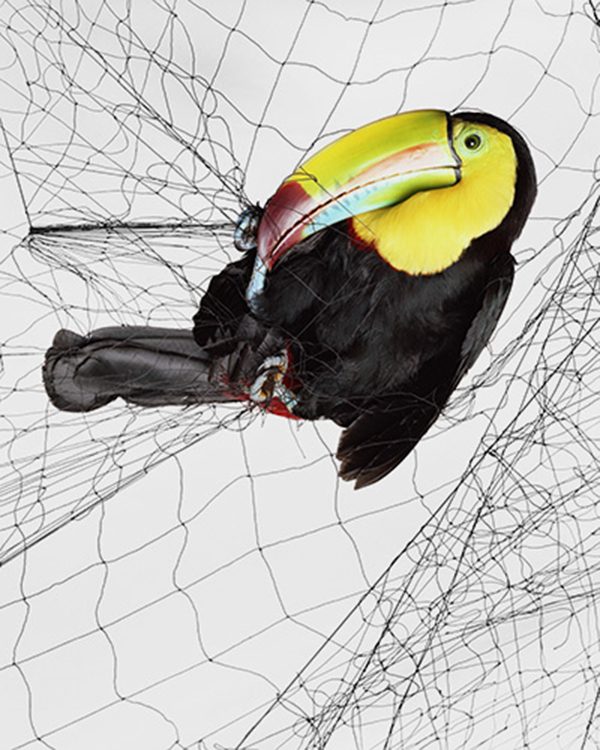
I’m excited to be putting the final touches on my series of Ornithological Photographs, because next autumn I’ll be publishing a monograph of these photographs through Daylight Books. These photographs depict birds that have been caught in mist nets as part of scientific surveys and ornithological research. This series brings together my interest in bird watching, community ecology, and conceptual photography.
And I’ve also been working on my Post-Industrial Edens series. This is a very long-term project: a global survey of urban gardening cultures. I started the series over ten years ago, actually, and now I’ve photographed these gardens in almost every port we’ve visited. It provides a really interesting way to see these cities as well: instead of going to the center of town where most of the tourist attractions are found, I normally end up wandering around the margins and edges of the city, where I get to see everyday life in these towns. Previously I’ve also photographed gardens in places like Cuba, Mongolia, Japan, and a bit of the European Union. I’m also really excited to head back to Cuba, where they have an incredible slow food movement, one of the most impressive I’ve ever seen.
Travel has been crucial for me as an educator. It has made me a much better communicator: when dealing with different languages and cultures, you need to learn to identify when and why people don’t understand each other. That’s also so important as an educator: being able to mediate miscommunication, and facilitate exchanges that reconcile and confront differences of opinions. Most of all, traveling has given me something more simple, though: endurance. I like to tell my students, in photography it’s stubborn endurance that pays off most. Keep at it. There are so many incredible opportunities for artists out there. But, you have to find the right fit for you. For me, Semester at Sea has been a great fit‚Ķ You also have to be persistent. Throughout the past ten years I have led a marvelously open life that has kept me free enough to chase quirky opportunities around the globe.
